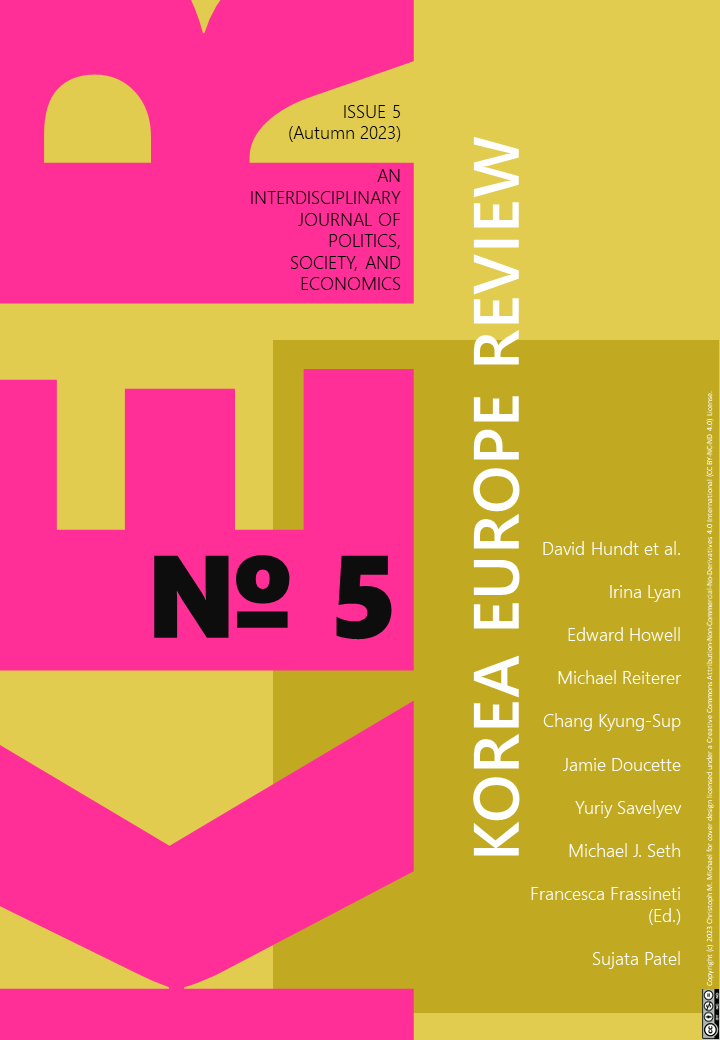Securitization during Crises: the Korean Peninsula and the East Asian regional order
DOI:
https://doi.org/10.48770/ker.2023.no5.28Keywords:
North Korea, South Korea, Coronavirus, Ukraine, Regional security, SecuritizationAbstract
This article analyses how North and South Korea have responded to the two global crises of the coronavirus pandemic and Russia’s war in Ukraine, and the implications of such responses on the East Asian regional order. Through adopting the framework of securitization theory, this article argues that these two global crises have expanded how North and South Korea conceptualise security, but also highlighted continuities in how the two states frame their external geopolitical environments. In so doing, these outlooks have influenced resultant behaviour – from both states – which, in turn, have led to consequences within the region. Such consequences, however, have not always been beneficial to regional and global security. This article argues how whilst it remains too early to tell if a new trilateral relationship is forming between Russia, China, and North Korea, Pyongyang’s heightened securitization of coronavirus and the United States “hostile policy” have instigated gradual shifts in the regional order. At the same time, South Korea has placed particular attention on strengthening its existing bilateral alliances and widening its self-conceptualisation as a provider and stabiliser of regional and global security. Ultimately, Seoul seeks to pursue an increasingly independent foreign policy in line with its status as a ‘global pivotal state’.
References

Downloads
Published
Issue
Section
License
Copyright (c) 2023 Edward Howell

This work is licensed under a Creative Commons Attribution 4.0 International License.


